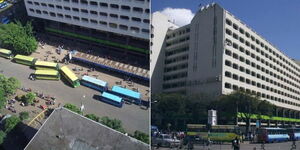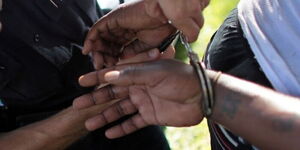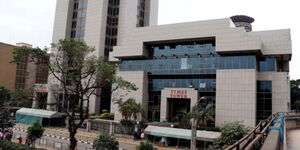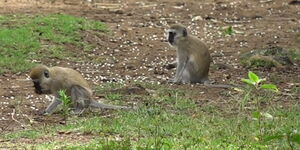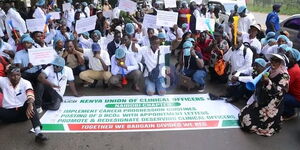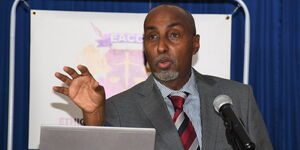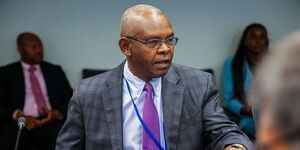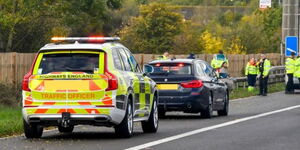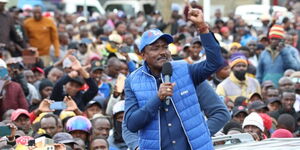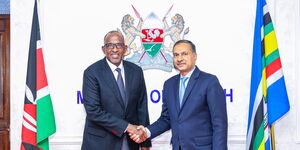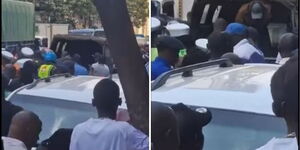As the debate behind the vaccination of livestock in the country continues, Permanent Secretary for the State Department for Livestock Development Jonathan Mueke has clarified the role of Bill Gates in the vaccines.
The government's move to vaccinate millions of livestock countrywide has received rejection from Kenyans, leaders, and relevant stakeholders who argue that the aim is malicious.
A section of Kenyans and leaders are rejecting the vaccine for allegedly being supplied by Bill Gates, and they will pose a risk to their livestock and translate to their health.
Speaking on Wednesday, December 18, PS Mueke assured Kenyans that the vaccines are not supplied by Bill Gates but rather locally manufactured.
"I have heard people asking where these vaccines are coming from, some are alleging they are coming from America, others from Bill Gates. I would like to clarify that the vaccines are locally manufactured by the Kenya Veterinary Vaccines Production Institute (KEVEVAPI), which is a government institution," Mueke revealed.
"The allegations that the vaccines are brought by Bill Gates are lies," the PS clarified.
Bill Gates has previously been on the spot for the COVID-19 vaccines. In October 2024, seven Dutch plaintiffs alleged that Gates and others, individually and as a group, deliberately misled them about the safety and effectiveness of COVID-19 vaccines. Gates has termed the allegations as false.
Wiper leader Kalonzo Musyoka, who has always been against the drive since its announcement, argues that the people behind this plan do not carry out the same vaccination programs in their nations. Kalonzo claims that the vaccines will be brought in from foreign countries.
“The scheme is to eradicate farm animal production. They will end production of beef and other bovine meats as we have traditionally known them in the country. The proprietors of these projects seek to replace farm foods with industrially generated synthetic meats,” Kalonzo said in November.
However, the PS has rejected these allegations, saying that the vaccines aim to enlarge Kenya's market internationally.
According to Mueke, the quality of Kenya's livestock production has been reduced due to not having vaccination certificates. The PS has promised farmers that vaccinating the livestock would increase their yields, especially internationally.
While the debate continues to boil over, President Ruto has remained adamant in the move to vaccinate 22 million cows and 50 million goats and sheep in the country. On Tuesday, the president went on to castigate leaders and Kenyans who are against the move.
Meanwhile, the Kenya Veterinary Association (KVA) has rejected the move and highlighted four risks warranting the postponement of the mass vaccination exercise.

